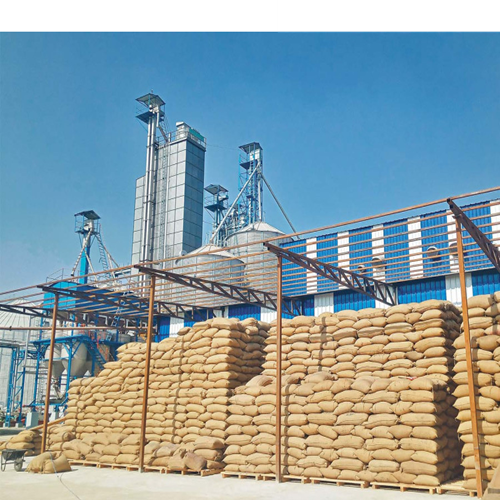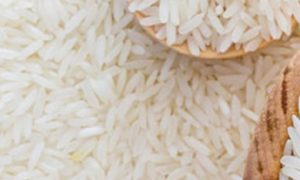Brazil drops rice tariffs after flooding hits key farming region

In response to devastating floods in Rio Grande do Sul, Brazil, President Lula’s government waived import tariffs on three rice varieties until December 31. This move aims to prevent price spikes and shortages of the staple food. Previously limited to Mercosur members, tariff exemptions now extend to other producers like Thailand, which supplies 18.2% of Brazil’s rice imports. Despite concerns, local growers reassure that 84% of this season’s crops were harvested prior to the floods.
Brazil suspended import tariffs on three varieties of rice Tuesday in the aftermath of devastating flooding in the southern state of Rio Grande do Sul, the country’s top producer of the key grain.
Some rice farms have been left covered in water by three weeks of deadly flooding in the region, which produces 70 percent of the rice grown in agricultural powerhouse Brazil.
President Luiz Inacio Lula da Silva’s government said the tariff exemption, which will be in effect through December 31, aims to ensure consumers do not face soaring prices for the staple food.
“By reducing tariffs to zero, we seek to avoid shortages and price increases caused by the reduction in supply,” Vice President and Trade Minister Geraldo Alckmin said in a statement.
Previously, the only countries granted tariff exemptions for rice sales to Brazil were fellow members of the Mercosur trade bloc (Argentina, Paraguay and Uruguay).
But Mercosur exporters have sought to increase the price of rice headed to Brazil by up to 30 percent in the wake of the floods, Agriculture Minister Carlos Favaro told news site G1 Monday.
“We showed Mercosur that if they want to speculate, we’ll go find (rice) somewhere else,” he said.
The government said the tariff exemption should boost competitively priced purchases from other producers such as Thailand, which currently supplies 18.2 percent of Brazil’s rice imports.
Associations representing rice growers in Rio Grande do Sul meanwhile downplayed the risk to local supply, saying more than 84 percent of this season’s crops had already been harvested before the floods.















